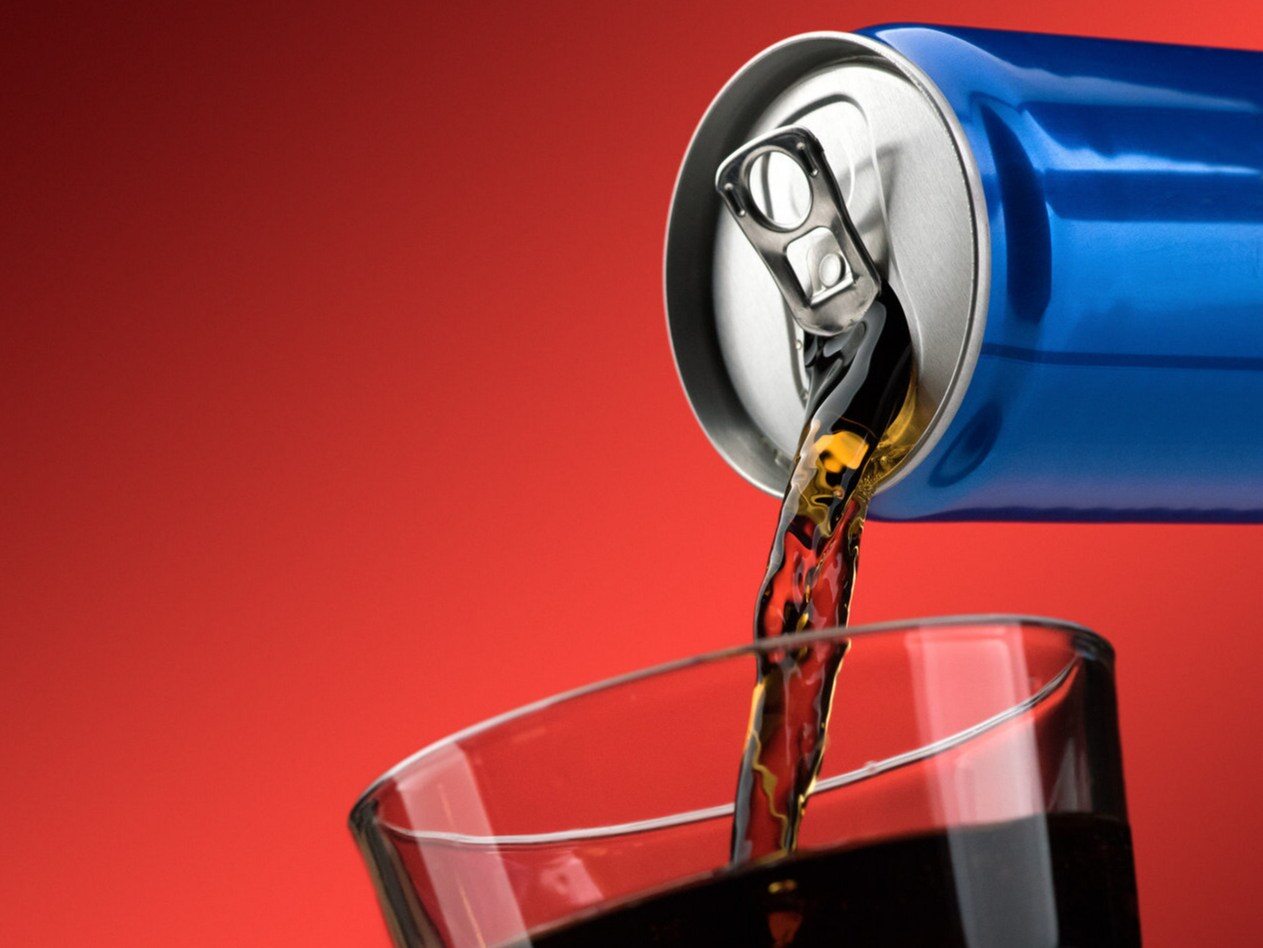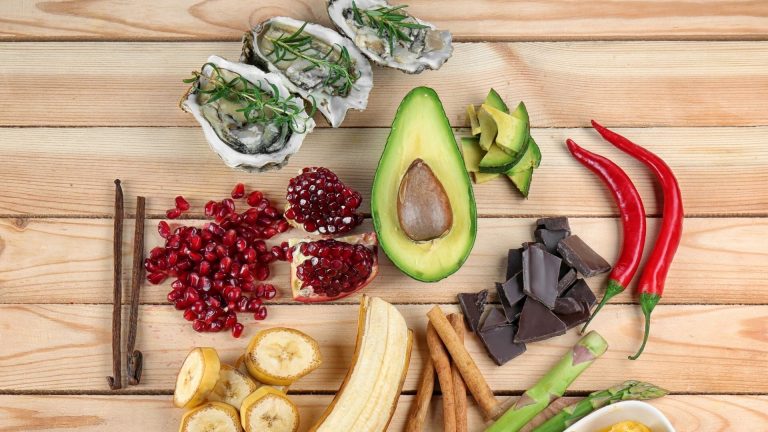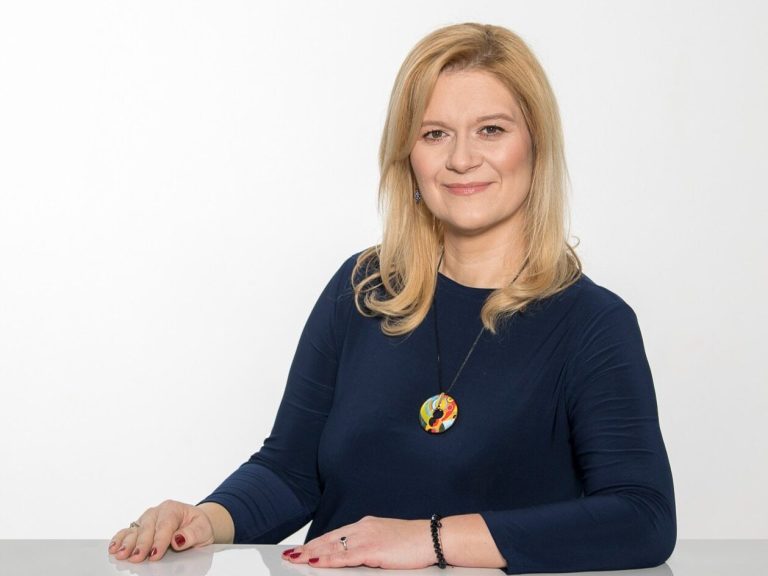MPs do not want advertisements of “energy drinks” for children. However, the gap will be filled by influencers

Every fourth customer reaches for energy, last year Poles bought 800 million cans of heavily sweetened beverages with caffeine or taurine. MPs dealt with the ban on the sale of energy drinks to children under the age of 18. The producers did not answer Rzeczpospolita’s questions about what such a ban might mean for them.
A few years ago, we reported that in 2016, researchers found that more than 27 percent of students got more than 10 percent of their calories from added sugars in soda or energy drinks. In addition, 21 percent exceeded the recommended caffeine intake due to these drinks alone.
A law banning advertising of energy drinks to children
The fact that children drink too many sweetened beverages – we have known for a long time. We also know why they shouldn’t. Beverages are a bit of a trap as they are often full of empty calories. Excessive consumption is therefore conducive to gaining weight. High caffeine intake — found in both sodas and energy drinks — can also have negative health effects, including difficulty sleeping, headaches, increased blood pressure, chest pain, and other symptoms. Adverse health effects; drinking “energy drinks” is more.
Euromonitor analysts in an analysis for “Rzeczpospolita” calculated that the value of the market was PLN 2.22 billion two years ago, to reach almost PLN 3.26 billion in 2023, which means an increase of over 46 percent. from 2021 to 2023. Nielsen’s estimates are even higher, but he provides data jointly for energy drinks and isotonic drinks – the value of the market calculated in this way is already PLN 3.8 billion.
Energy drink ads not for children. Can it be enforced?
However, the government wants to limit sales to children under the age of 18. The producers did not answer a question from Rzeczpospolita about how the ban would affect sales. Maciej Ptaszyński, president of the Polish Chamber of Commerce, commented on the proposal. – Neither the assumptions of this act nor the extremely strict restrictions for its violation guarantee the achievement of a health effect, and they will undoubtedly hit the economy, in particular trade and producers – he said.
According to Maciej Rzeżuchowski, Vice President of Media Context, the considered ban on advertising may be difficult to enforce in practice, because brands can promote their decaffeinated products to sell those containing caffeine. Another thing is that the main advertising channels for young people are YouTube and influencers, not television or radio.
“Energetyki” will disappear from vending machines
The amendment to the Public Health Act has just left the Senate and will go to the Sejm in mid-August. According to the new regulations, a fine of up to PLN 2,000 can be paid by a shop that sells an “energy drink” to a child. Age verification in questionable situations will be carried out by presenting an identity card by the customer.
The legislator wants the new regulations to come into force after the end of the school year – from July 1, 2024. However, transitional provisions have been introduced for drinks already produced. Energy products will remain in vending machines, but only inaccessible to children – in universities and workplaces.






